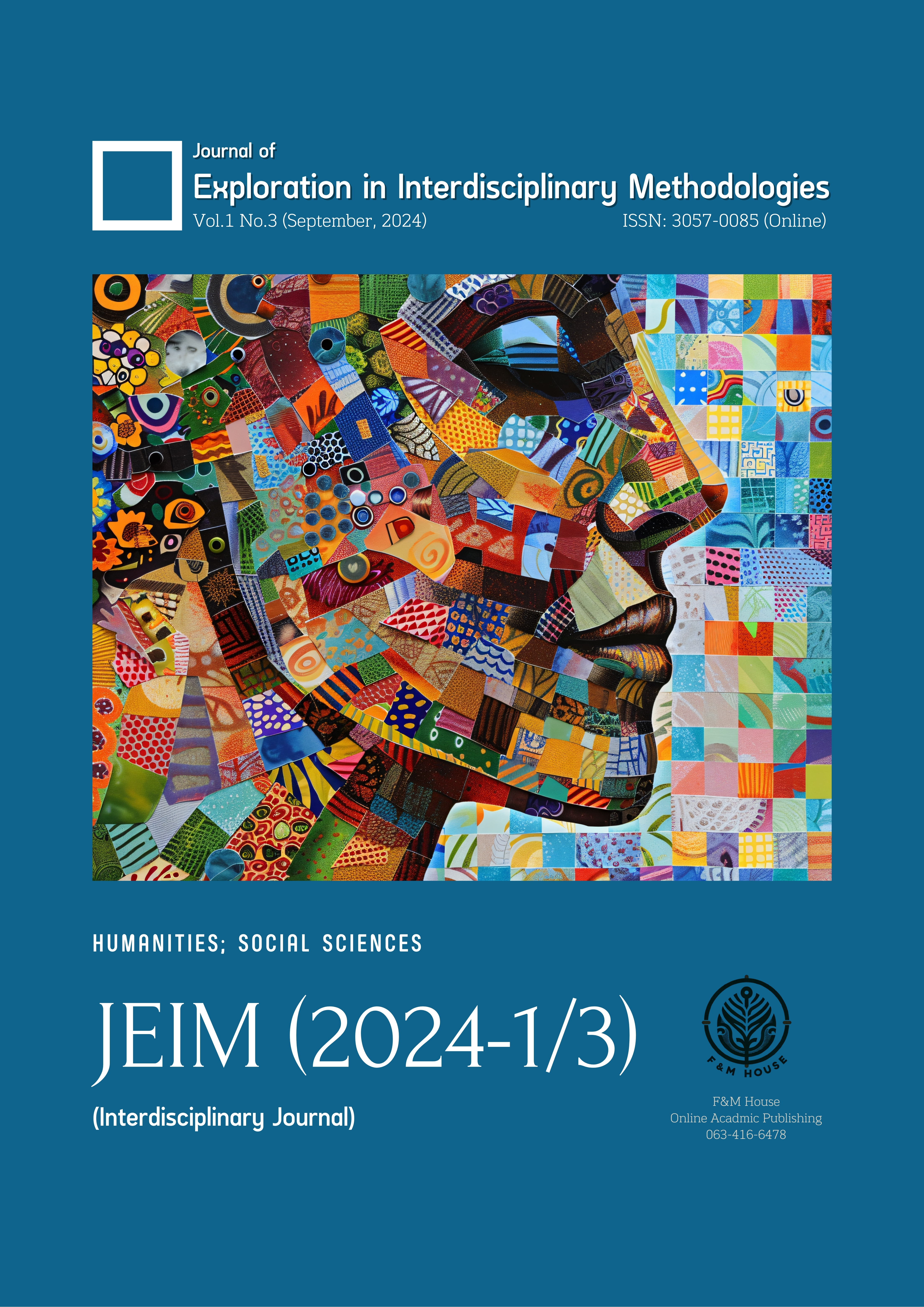Challenges and Opportunities: Reforming the Thai Education System for Global Competitiveness
คำสำคัญ:
Education Reform, Global Competitiveness, Curriculum Modernization, Teacher Training, Digital Literacyบทคัดย่อ
Thailand’s education system faces significant challenges that hinder its global competitiveness. Key issues include an outdated curriculum focused on rote learning, educational inequality between urban and rural areas, insufficient teacher training, and a lack of digital literacy and STEM education. These problems have resulted in poor performance on international assessments such as PISA and TIMSS, highlighting the need for comprehensive reform. This paper analyzes these challenges and explores opportunities for reform through curriculum modernization, enhanced teacher training, and the integration of technology in education. The proposed reforms emphasize critical thinking, creativity, problem-solving, and digital literacy to better prepare students for the demands of the 21st century. The role of government initiatives, such as Thailand 4.0, and collaboration with the private sector and international organizations, is also examined. Additionally, the paper draws lessons from successful education reforms in neighboring countries like Singapore, South Korea, and Malaysia. Implementing these strategies can improve Thailand’s global education standing, reduce inequalities, and produce a globally competitive workforce. The long-term implications of successful reform will position Thailand to thrive in a rapidly changing global economy.
เอกสารอ้างอิง
Baker, C., & Phongpaichit, P. (2017). A history of Thailand (4th ed.). Cambridge University Press.
Ministry of Digital Economy and Society. (2018). Thailand digital economy and society development plan. Ministry of Digital Economy and Society.
Ministry of Education Malaysia. (2013). Malaysia education blueprint 2013-2025. Ministry of Education Malaysia.
National Economic and Social Development Board. (2017). Thailand 4.0 economic model. NESDB.
Ng, P. T. (2019). Singapore’s education system: Perspectives from students, parents, and teachers. Springer.
Office of the Education Council. (2017). Thailand's education system in brief. Office of the Education Council.
Office of the Education Council. (2019). Educational reform in Thailand: Current policies and future directions. Office of the Education Council.
Organisation for Economic Co-operation and Development (OECD). (2018). Education policy outlook: Korea. OECD Publishing.
Organisation for Economic Co-operation and Development (OECD). (2016). Education in Thailand: An OECD-UNESCO perspective. OECD Publishing.
Organisation for Economic Co-operation and Development (OECD). (2019). PISA 2018 results. OECD Publishing.
Organisation for Economic Co-operation and Development (OECD). (2016). Education in Thailand: An OECD-UNESCO perspective. OECD Publishing.
Park, H., & Byun, S. Y. (2015). Why some countries attract more high-ability young students to teaching: Cross-national comparisons of students' expectation of becoming a teacher. Comparative Education Review, 59(3), 523-549.
Schleicher, A. (2018). World class: How to build a 21st-century school system. OECD Publishing.
UNESCO. (2019). Education policy review: Thailand. UNESCO Publishing.
World Bank. (2018). STEM education in Thailand: A pathway for global competitiveness. World Bank.
World Bank. (2018). Thailand's education sector: Strengthening inclusivity and access. World Bank.
World Bank. (2018). Vietnam: Achieving success as a middle-income country. World Bank.
World Economic Forum. (2020). The future of jobs report 2020. World Economic Forum.







